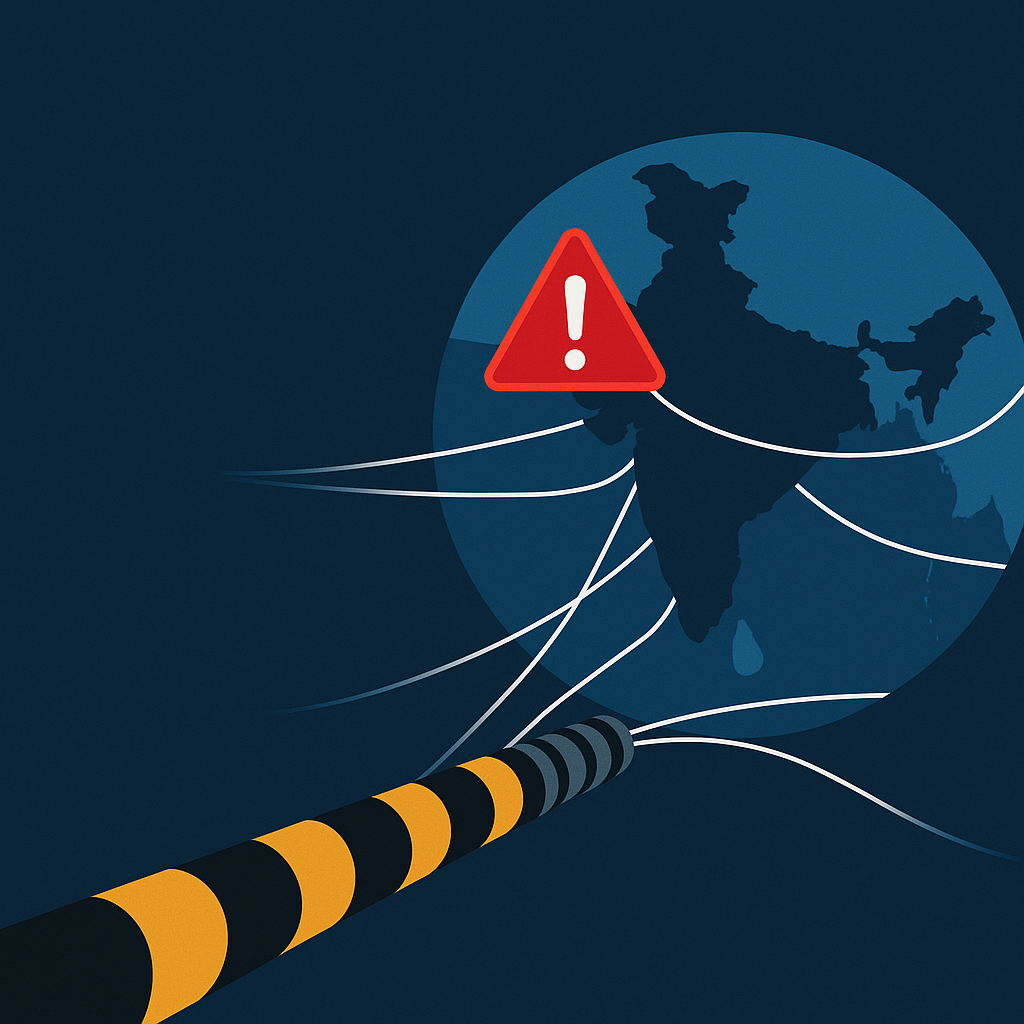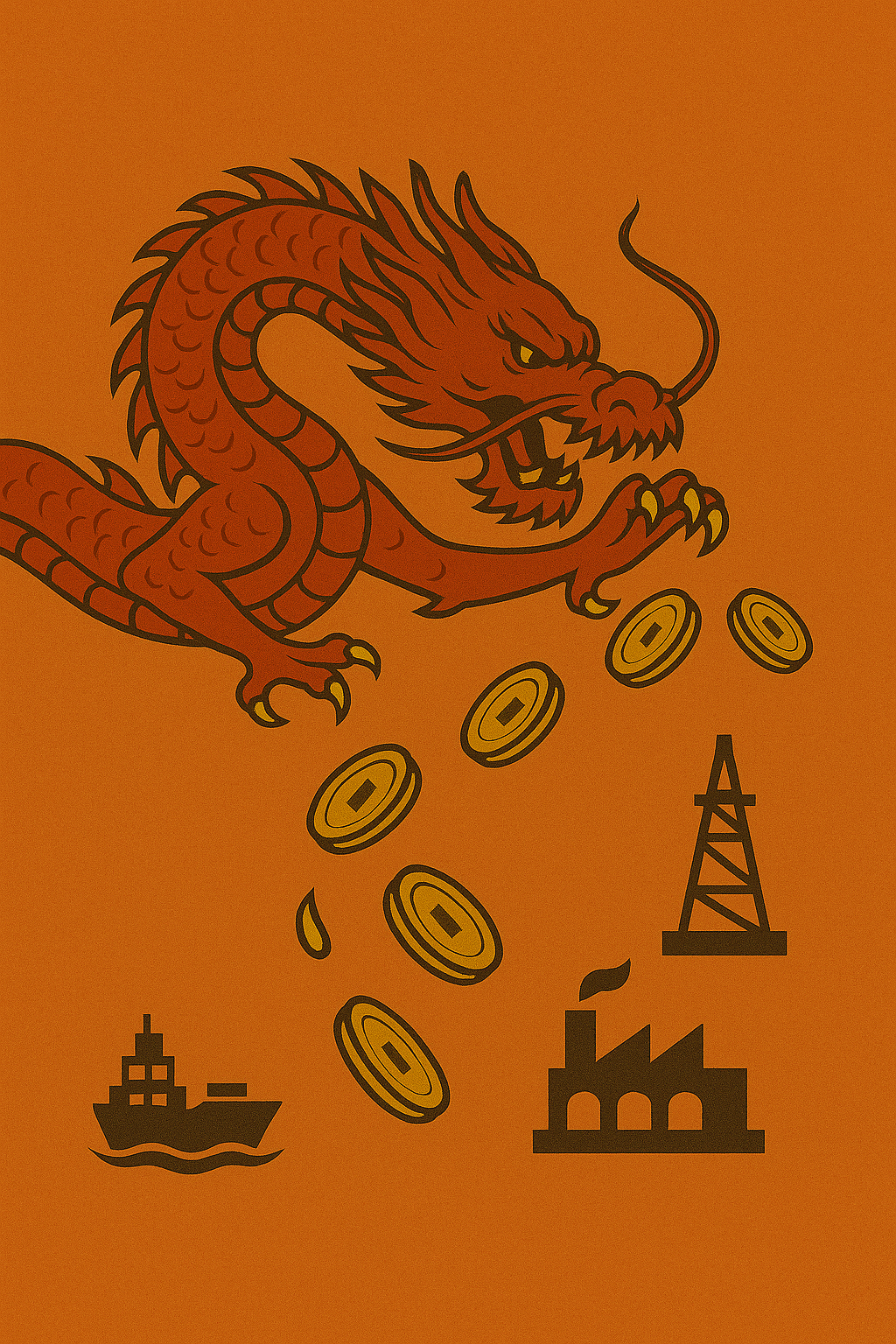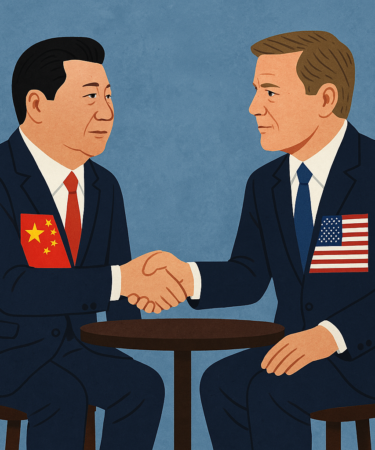Donald Trump has done more damage than good to the Asian security architecture and is likely to do more of the same. Not only that, this process is also hurting India’s long term interests because it is damaging the value of the idea of the Indo-Pacific as an open and inclusive construct and not an architecture …

The Evolution of China-North Korea Relations under Xi Jinping
North Korea has regarded China as its most natural ally and supporter since the Korean War. The relationship had begun to show signs of strain after the continued nuclear tests by North Korea and it became increasingly difficult since Xi Jinping came to power. The last Chinese leader to visit North Korea was Hu Jintao …

India Must Not Fail the Maldives Test
The need is to prevent the stabilising of a Wahhabi outpost already breeding dozens of ISIS fighters at the trade routes of the western reaches of the Indo-Pacific. Barack Obama’s envoy to the UN, Samantha Power, concretized the concept of the “Responsibility to Protect”. She meant protect vulnerable populations that are thrown into agony …

Evolution of India’s Nuclear Policy
A lecture delivered by Prof. Roddam Narasimha at the XIII International Amaldi Conference (2000), preceded by a tribute contributed by Dr. V. Siddhartha, Member, Advisory Board, STSfor, based on texts of emails exchanged between them. At the height of the Cold War, the US National Academy of Sciences (NAS) founded the Committee on International Security …

Taiwan’s China Dilemma
The 21st century saw two important developments, which led to a paradigm shift in international politics. The demise of the Soviet Union in 1991, led to the end of an international system characterised by tight bipolarity of power between the US and Soviet Union; and was accompanied by the rise of multiple poles of power, leading to a multipolar international order, populated by several multilateral organisations. However, even within the multipolar system, the various poles of power have varying degrees of power in relation to one another.

The Mukhbir’s Fear Psychosis: Developing an Informer Base in the Kashmir Valley
It ought to have been a “no-brainer” that dialogue was essential between the United States and by far the largest geographical entity on earth, the Russian Federation, more so as the interests of both countries could through agreement intersect rather than collide.

Can China Wean Bhutan from India?
In the last decade, China has consistently made inroads in South Asia with its investment and aid diplomacy. This has helped Beijing gain access to major strategic points, the most prominent cases being Pakistan, Sri Lanka and the Maldives. China has also started investing heavily in infrastructure projects in Nepal and Bangladesh. The ‘all weather friendship’ between China and Pakistan has been a cause of concern for India for a long time.

China, Multilateralism and BRICS
India and Nepal, two South Asian countries share a multi-layered and unique relationship, which is tied by many factors. The economic, cultural and political aspects have motivated both the parties to strengthen and maintain the relationship. In fact, both of them require each other’s support in order to maintain geopolitical balance in the region. Nepal is traditionally, an important strategic ally of India and conversely, India is Nepal’s largest trading and business partner.

India-Nepal Relations at the Crossroads
Related Problematic Issues that Need Resolution by Government of India









